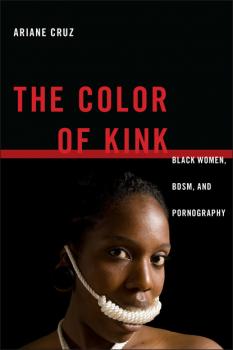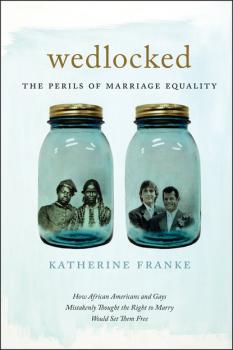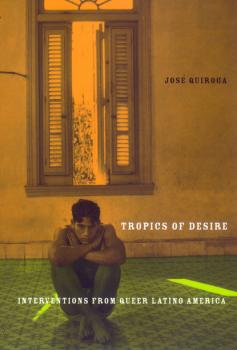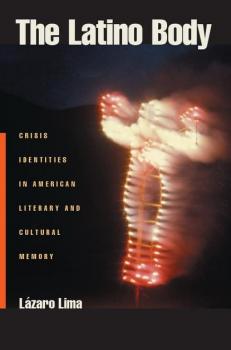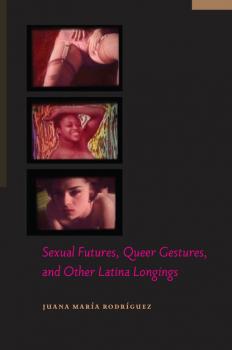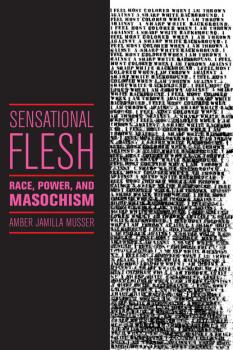ТОП просматриваемых книг сайта:















Sexual Cultures
Скачать книги из серии Sexual CulturesАннотация
Аннотация
Аннотация
Аннотация
Информация о книге
Автор произведения Katherine Franke
Жанр Юриспруденция, право
Серия Sexual Cultures
Аннотация
Аннотация
Аннотация
Информация о книге
Автор произведения Juana María Rodríguez
Жанр Юриспруденция, право
Серия Sexual Cultures
Аннотация
Информация о книге
Автор произведения Amber Jamilla Musser
Жанр Управление, подбор персонала
Серия Sexual Cultures
Аннотация
Информация о книге
Автор произведения Группа авторов
Жанр Управление, подбор персонала
Серия Sexual Cultures



